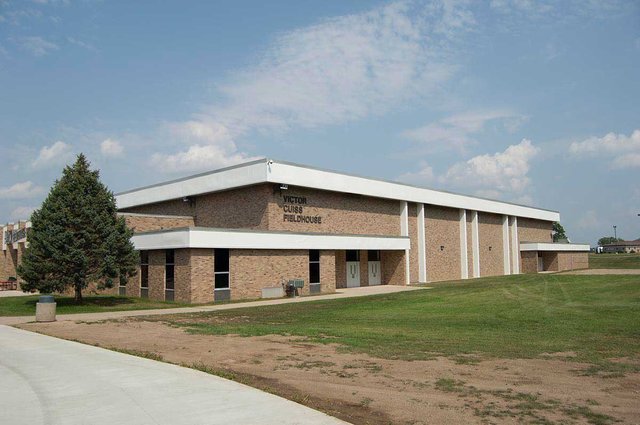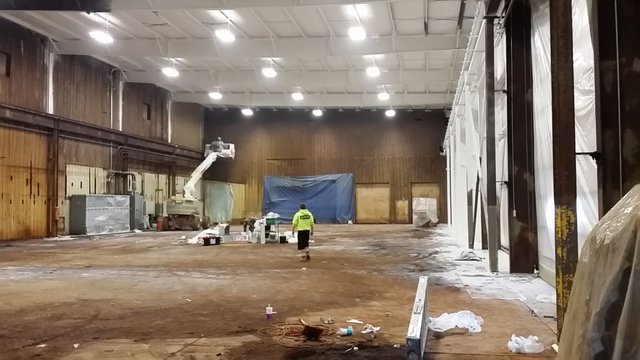Why is painting important in commercial buildings?
In addition to resulting in a finish, which already makes all the difference in a project, choosing the color and type of paint to be used in the painting of the industrial or commercial facade, as well as its internal spaces, is a very important moment, since, reflects the desire of that particular population. Also, it has the power to give direction and serve as the “face of the project”.
The colors and types of paints interfere in the choice of everything that is to come forward in a commercial and industrial painting project, so it is essential that they are related to the purpose of the work, meeting the requirements of practicality, beauty, durability, practicality, functionality, among others.
Commercial and industrial painting aims to preserve the integrity of structures and machinery. Most industrial equipment is composed of a steel (an alloy that contains 95% iron in its composition). This metal offers several benefits for industrial processes, such as high durability, strength, malleability, and thermal conductivity, among others.

However, steel oxidizes easily when exposed to weather conditions, industrial painting is carried out to eliminate this obstacle. This practice is the most effective way to protect steel from corrosion.
Check below the factors that determine the vital importance of commercial and industrial painting:
Protection:
The main function of industrial paint is to protect against oxidation. Sunlight, humidity, rain, and other weather factors are extremely aggressive against steel. The painting of industrial parks waterproofs and prevents structures and machinery from corroding and degrading efficiently.
Cost-effective:
Even though there is a considerable investment in the purchase of paints and in the hiring of a specialized team for the application, industrial painting preserves the integrity of the machinery for a long period, increasing the useful life of the structures and avoiding constant changes in pieces, as the paint makes them resistant.
Aesthetics and signage:
In addition to the structural benefit, painting offers an aesthetic benefit. Companies can apply their visual identities to their industrial park and make them more friendly and dynamic.
Through signs, these spaces offer more usability and become more intuitive. The communicative role of painting is extremely important to optimize safety processes.
Colors are responsible for generating sensations in environments:
Choosing the colors of the walls is the first step of decoration, as it will influence all the other stages of the process and the project.
Depending on the paint color chosen, the visual effort can become more pleasant and spaces can appear wider, brighter, warmer, fresher, happier, and more creative.
For decoration professionals, such as interior designers and architects, the choice of paint that will be used in an industrial and commercial project, from the point of view of its durability, texture, appearance, and color, is a very important point.

The choice of paints must meet all emotional and functional needs, as well as the objects, furniture, and lighting to be chosen for an already determined purpose. So that there is an environment in which people can work and produce, but also relax.
Final tip: you need to harmonize the paint chosen for painting with the other elements of the environment, so when choosing the best paint for your environment, mainly consider some characteristics of the environment. They are size, lighting, and also type of coating.
Here are two examples of colors that can balance and generate sensation in environments:
Colors for more creative and productive environments: in the workplace, it is advisable to use some strong colors that encourage creativity and courage, such as yellow.
Colors for more relaxing environments: in the case of the bedroom, which is an environment where we need to relax more and rest, it is recommended to use blue, so that the mind is calmer.